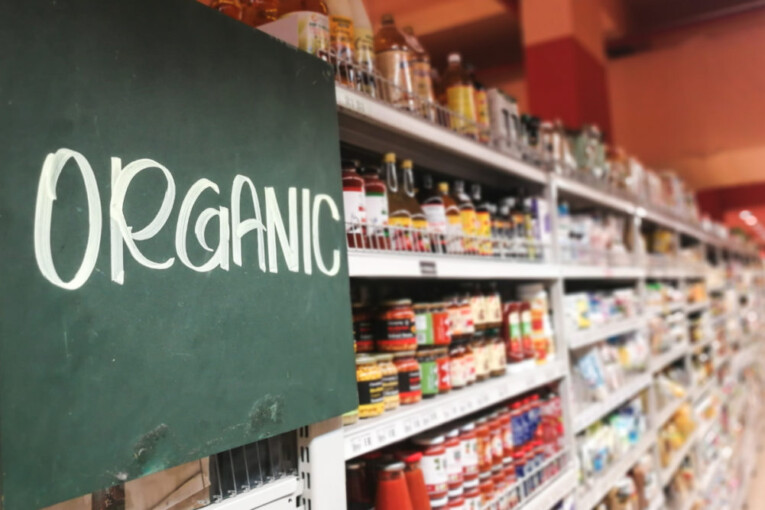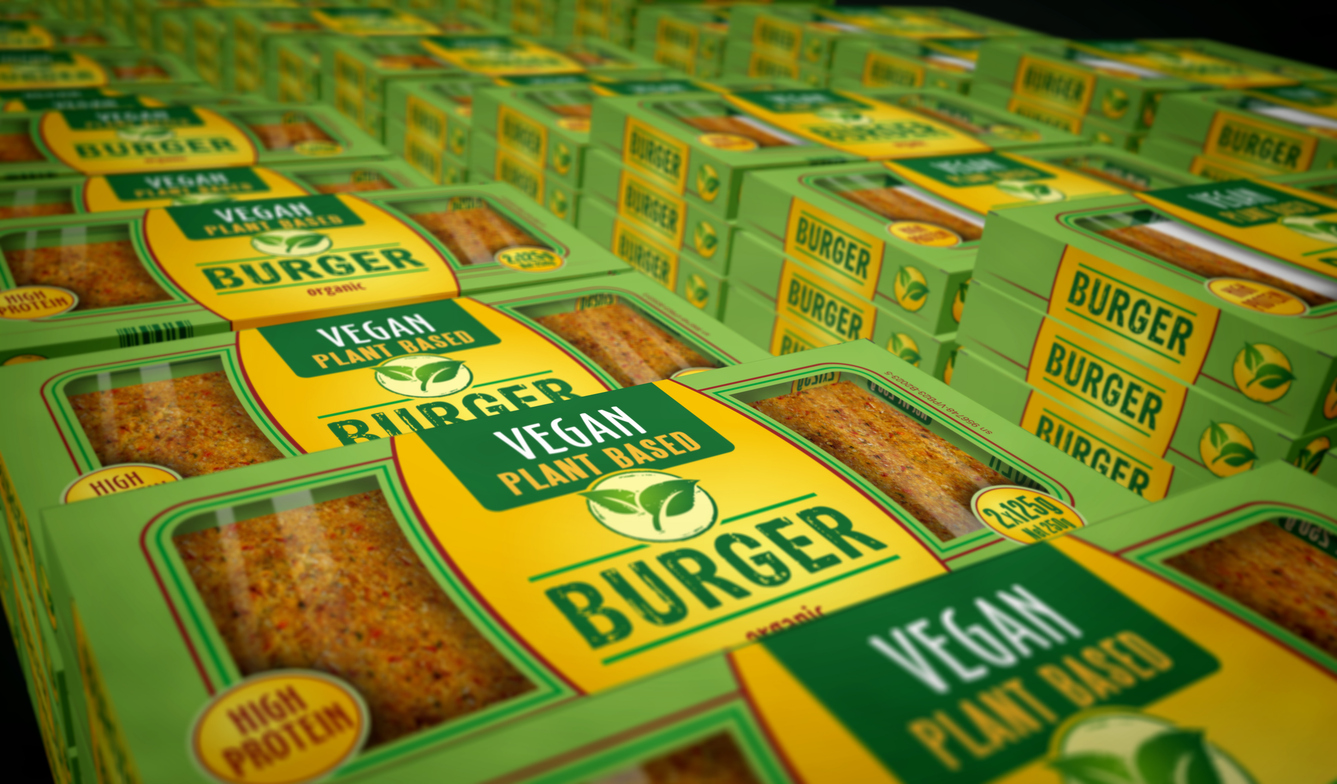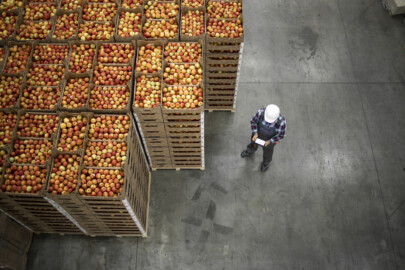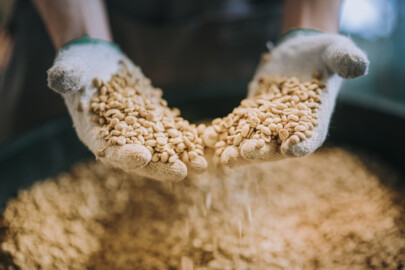Organic Certifications Demystified: Understanding the Process
Today’s consumer is more aware than ever before about what they are putting in their bodies. They generally want to be more careful about what they eat and are curious about what goes into the food that they buy. Needless to say, many of those same consumers look for the organic label on the food that they purchase. It is an important signal to them that the food has been verified as healthy. Therefore, many food producers are curious about the process for obtaining organic certifications.
Understanding Organic Certifications
The importance of food being organically certified is the fact that it becomes much more appealing to the consumer and it allows for the distributors that sell the food to charge higher prices for it. Consumers want to know that the food that they buy is held to a high standard. The simple organic label is the fastest way for them to know that this is the case.
Overview of Major Organic Certifications
The most discussed organization for food certification is the US Department of Agriculture (USDA). It is such an important organization because it is the group that certifies food as organic or not through the United States. Given the amount of food that is produced and consumed throughout the country, the USDA plays a very important role. However, there are other international organizations that certify foods as organic throughout the planet. A few examples include:
- Americert International
- Apof Organic Certification Agency
- AsureQuality Limited
- Biogro New Zealand Limited
The list goes on from there, but the point is that there are a lot of different organizations that have the power to certify foodstuffs as organic throughout the world. The demand for organic foods facilitates the growth of these types of organizations, and there will likely be more of them in the future.
Standards for Distribution Centers
The organic label is not provided without strings attached. Rather, the USDA requires that any food producer that wants the organic label on their food products must meet certain standards from start to finish. This means that even the distribution centers where the food is handled must meet certain standards as well. In particular, the way that the food is handled must meet USDA standards to obtain and maintain the organic label.
Benefits of Being Certified Organic
The extra work necessary to get a food certified as organic is worth the trouble of doing so because of the numerous upsides that come with that certification. For example, you can enjoy the following benefits when you have a certified organic label on the food that you provide to the public:
- Pricing Premium – You can charge more for foods that are certified as organic. Consumers are willing to pay extra for these foods because they strongly believe in the value of organic foods. They will happily pay more money than they would for foods that are not labeled as organic.
- Consumer Trust – The trust that consumers give to the companies that produce their food is enhanced when that food has an organic label on it. They know that the company has gone through extra steps to earn that label, and that enhances and improves the trust that one has in the foods that they are consuming.
- Marketing Advantages – The organic label is another way that a company can set itself apart from the other food producers within its niche. Therefore it can be used as a marketing advantage as well.
For these reasons, and many more, plenty of companies are on the hunt to get an organic label stamped on their products.
Transitioning to Organic Practices
Companies that opt to move to organic practices should think about the steps necessary to make it a reality. For example, it is so important to think about the way that soil is managed and which products cannot be used in the production of food. There are many commercially available products that might be easy to obtain and frequently used, but they are prohibited in the production of organic foodstuffs.
Producers should make a list of what they are and are not allowed to use. At the same time, they should think about why they are doing what they are doing and focus on producing the upsides of organic products.
Record-Keeping
A critical aspect of maintaining the organic label on your products is to keep accurate and extensive records. This includes documents such as sales invoices of the soil and other products that you purchase to produce your organic food. These documents serve as evidence that the proper steps were followed to earn the organic label that one seeks when they are producing foodstuffs.
Maintaining Organic Certification Compliance
Earning organic certification is hard enough as it is, and you don’t want to give it up once you have earned it. That’s why it is necessary to take steps to hold on to the organic label that you have earned. This means streamlining the processes and steps that you must take to keep your organic label after you have earned it.
Some of the common pitfalls that companies run into when they are trying to keep their organic label include the fact that they must make certain that they are continuing to follow the necessary steps to meet the standards set out by the USDA. It is one thing to meet those standards on the first effort, but it is something else to continue to maintain those standards over the long run.
Putting people in place who can oversee those steps and make certain that those steps are carefully maintained whenever more product is put out to the public.
Obtaining USDA organic certifications is a lengthy and tedious process, but it is so worthwhile. Following the steps necessary to obtain that certification is important, and you should make certain you know what to do. If you have additional questions or concerns about how to obtain your USDA certification, feel free to contact us with any questions or concerns. We will be happy to help you get the answers that you need.









